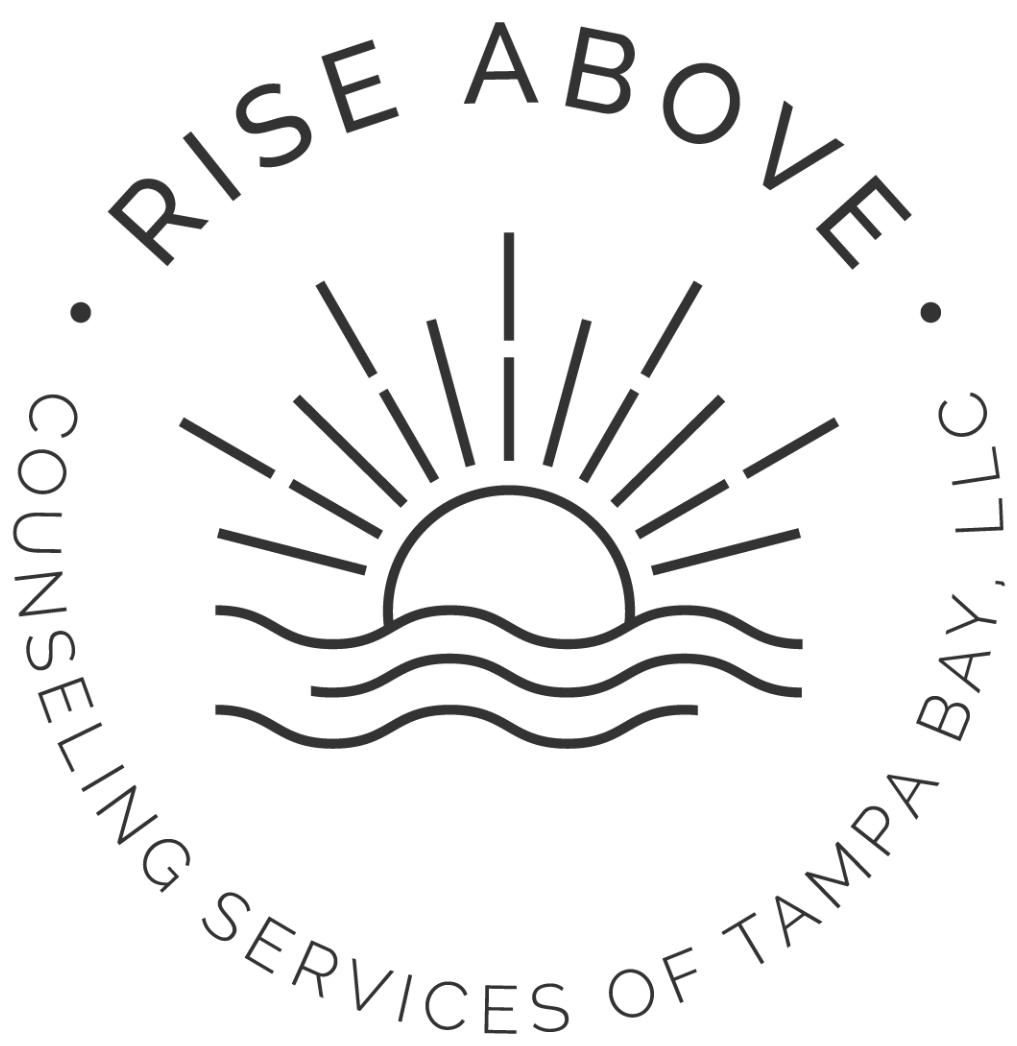3 Tips: How to Confront Someone When You’re Bad at Confrontation

“I”m bad at confrontation.” Translation: “I feel uncomfortable about speaking up because I feel:
A. My opinion doesn’t matter.
B. My opinion will cause more problems.
C. I would rather sit in pain than hurt someone else.
Sadly, there are many more reasons why we avoid confrontation.
Counseling can help you figure out why you hate confrontation. For now, I offer 3 tips for speaking up when you hate confrontation.
(This is not advice meant to replace the help you can get from a medical professional. If you need help, make an appointment with a qualified therapist or physician.)

Tip #1 Make a list of everything you’ve sacrificed or suffered as a result of NOT confronting the person. In an effort to keep the peace, we tolerate more pain than we would have felt by just confronting the person. Maybe we feel guilty for not telling the whole truth–we were just trying to spare the other person some hurt feelings. Making a list focuses your mind and reinforces your reasons for speaking up.
Tip #2 Begin with vulnerability. I respect the phrasing Brene Brown uses. “The story I’m telling myself in my head is…” The goal is for your listener to hear you’ve been feeling upset. By revealing your inner narrative, your listener has the opportunity to correct what is untrue or clarify the misunderstanding. Your vulnerability helps your listener believe your honorable intentions. NOTE: If the listener is an unsafe person, your disclosure could be used against you. Be choosey about what you share.
Tip #3 Ask a friend to keep you accountable for following through with your confrontation. Most likely you are a people-pleaser, an obliger, or highly sensitive. You need someone who loves you to help you put your needs above the risked hurt feelings. It’s possible you might make the date to confront, show up, and never bring up your concerns. Your accountability partner can boost your confidence before and after the conversation.
Lastly, if your listener is hurt, temper any remorse you have for confronting the person with this point: Your heart is the most important priority. Treasure it, guard it, and respect it.
Proverbs 4:23: Above all else, guard your heart, for everything you do flows from it.

